Department of Precision Engineering, School of Engineering, the University of Tokyo
Our laboratory addresses the research question of how the desirable interaction between technologies and society can be designed, with particular focus on sustainability. The ultimate goal is to develop system design methodology to solve real-world problems. Aiming to support humans' design activities in a holistic manner, we take an approach to modeling and visualizing the design thought process by utilizing computational assistance and other digital tools. We also undertake quantitative simulations (e.g., product life cycle simulation and market simulation) to evaluate and analyze various design solutions. The unique strength of our laboratory lies in methodology for designing scenarios and visions, which is useful for decision-making support taking into account future situations and uncertainties.
We are keen to collaborate with external actors, such as university, research institute, industry, and government. We are promoting transdisciplinary research by bridging different disciplines to solve real-world sustainability problems in a broad sense.
In our daily-life research activities, discussions among faculty, external researchers/partners, and students are the most important. Examples of research themes are described below.
A variety of scenarios have been developed in a number of research institutes
and governments. Scenarios are used to deal with future uncertainties by
providing multiple possible futures, in the combination of descriptive
stories and quantitative simulations. Often, scenario development is applied
to support policy-making and strategic decision-making processes (e.g.,
scenario planning activity at Royal Dutch Shell). We have been developing theories and methodology for designing scenarios
for sustainability, and implementing computer-aided scenario design systems.
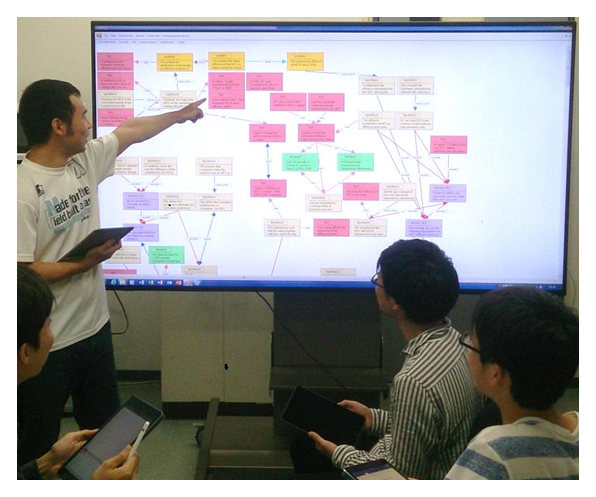 |
 |
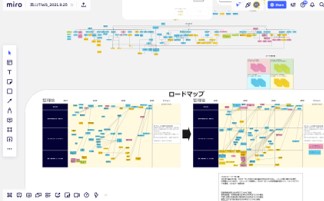 |
Digital technologies have enabled shared economy business models and value
chain networks between producers and consumers that hold the promise of
more sustainable modes of consumption. The environmental effects of such
systems largely depend on consumer behavior and its impacts on product
life cycles. In the project ‘Digital Infrastructure for Sustainable Consumption’ (DISCo), we are working to understand and quantify the dynamic interlinkages
between business models, products, consumers, and digital platforms through
integrating consumer choice models with life cycle simulation and environmental
evaluation, with the goal to enable the design of more sustainable systems.
This project is funded by Belmont Forum the Systems of Sustainable Consumption
and Production Collaborative Research Action (JPMJBF2203) of Japan Science
and Technology Agency (JST) and the Environment Research and Technology
Development Fund (JPMEERF20223R04) of the Environmental Restoration and
Conservation Agency provided by the Ministry of Environment of Japan.
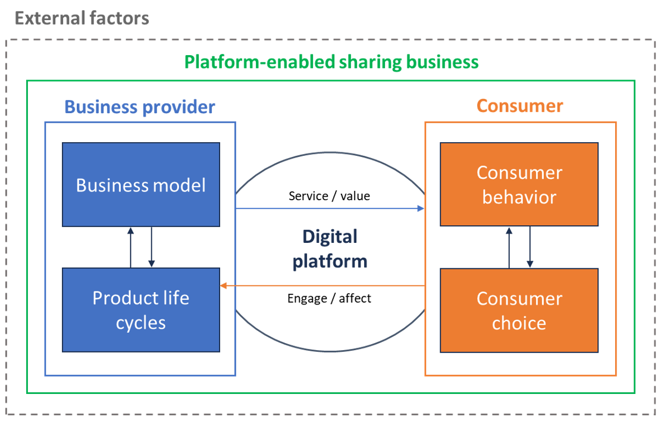 |
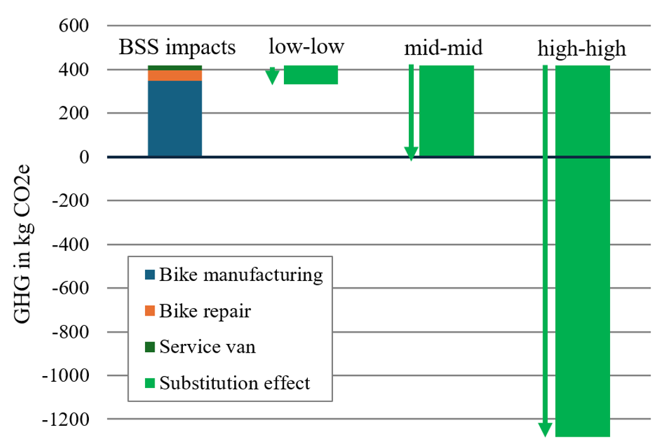 |
In response to the UN's Sustainable Development Goals (SDGs), companies and national/local governments are strongly encouraged to plan
longer-term strategies and policies for sustainability. However, it is
not a easy task to clarify future visions and pathways by interpreting
SDGs in their context. In this research, we are developing a methodology
for designing transitions to connect future visions and the present by
integrating roadmapping and scenarios. Our method aims to facilitate PDCA
(Plan-Do-Check-Act) cycles in the process of planning strategies and policies
for companies and governments. This research is financially supported by
the Grant-in-Aid for Young Scientists (2018-2020, PI: Dr. Yusuke Kishita)
from the Japan Society for the Promotion of Science. We are collaborating
with JSME Technology Roadmapping Committee and Dr. Robert Phaal at the Institute for Manufacturing (IfM), University
of Cambridge.
 |
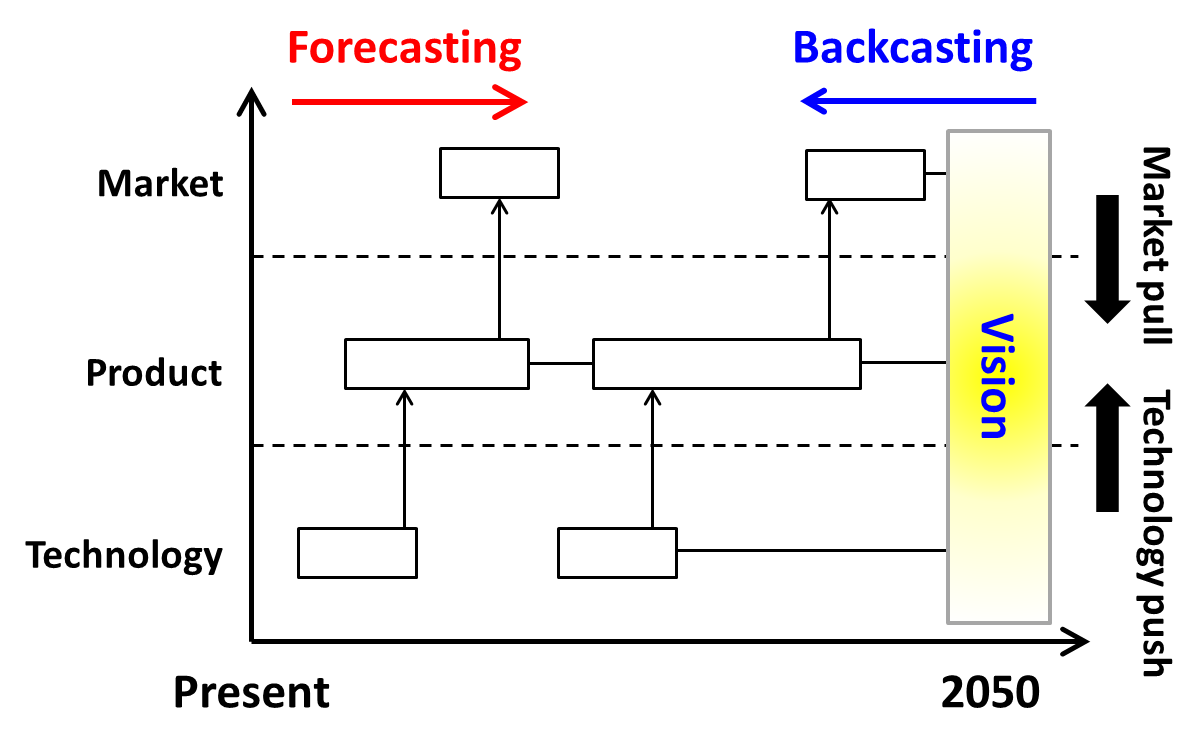 |
Much attention has been paid to participatory design with the aim of sharing
future visions and co-creating new knowledge and values. We have been researching
on the design of future visions (e.g., in 2050) using a participatory approach
and a backcasting concept. Based on developed methods, we are addressing
practices both in municipalities and in industry.
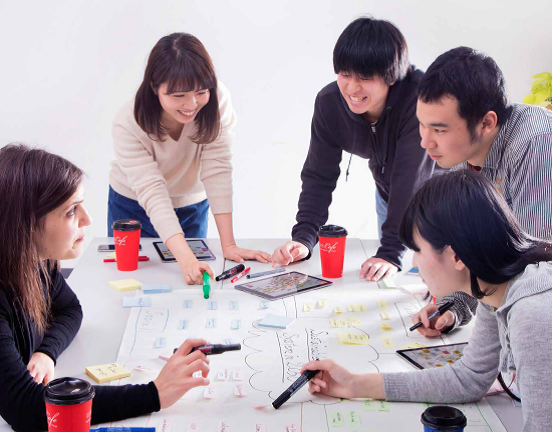 |
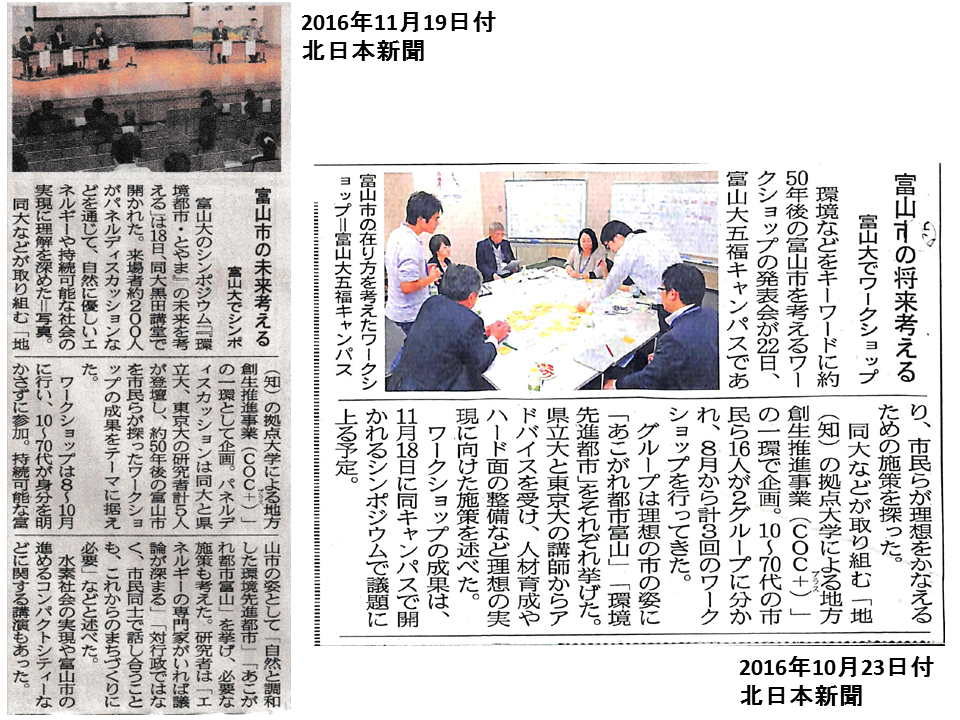 |
A veriety of design technology-assisted service systems (DSS) have been developed by drawing on digital technologies, such as AI, IoT, and robotics. Fields of DSS application are diverse including tourism and nursing care (e.g., nurse robots). These service offerings provide the opportunity to create and provide new values to customers; however, at the same time, negative impacts are brought about, such as security and privacy problems. This research aims to develop a method to design DSS in a way that is sustainable for all stakeholders involved.
This research is being done in collaboration with Dr Kentaro Watanabe, AIST, with financial support from JSPS (2019-2021) "Socially-Conscious Service System Design in the Era of Digital Transformation."
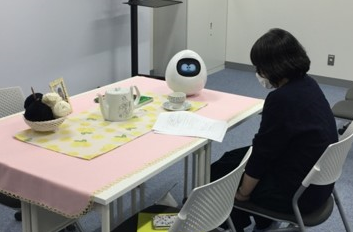 |
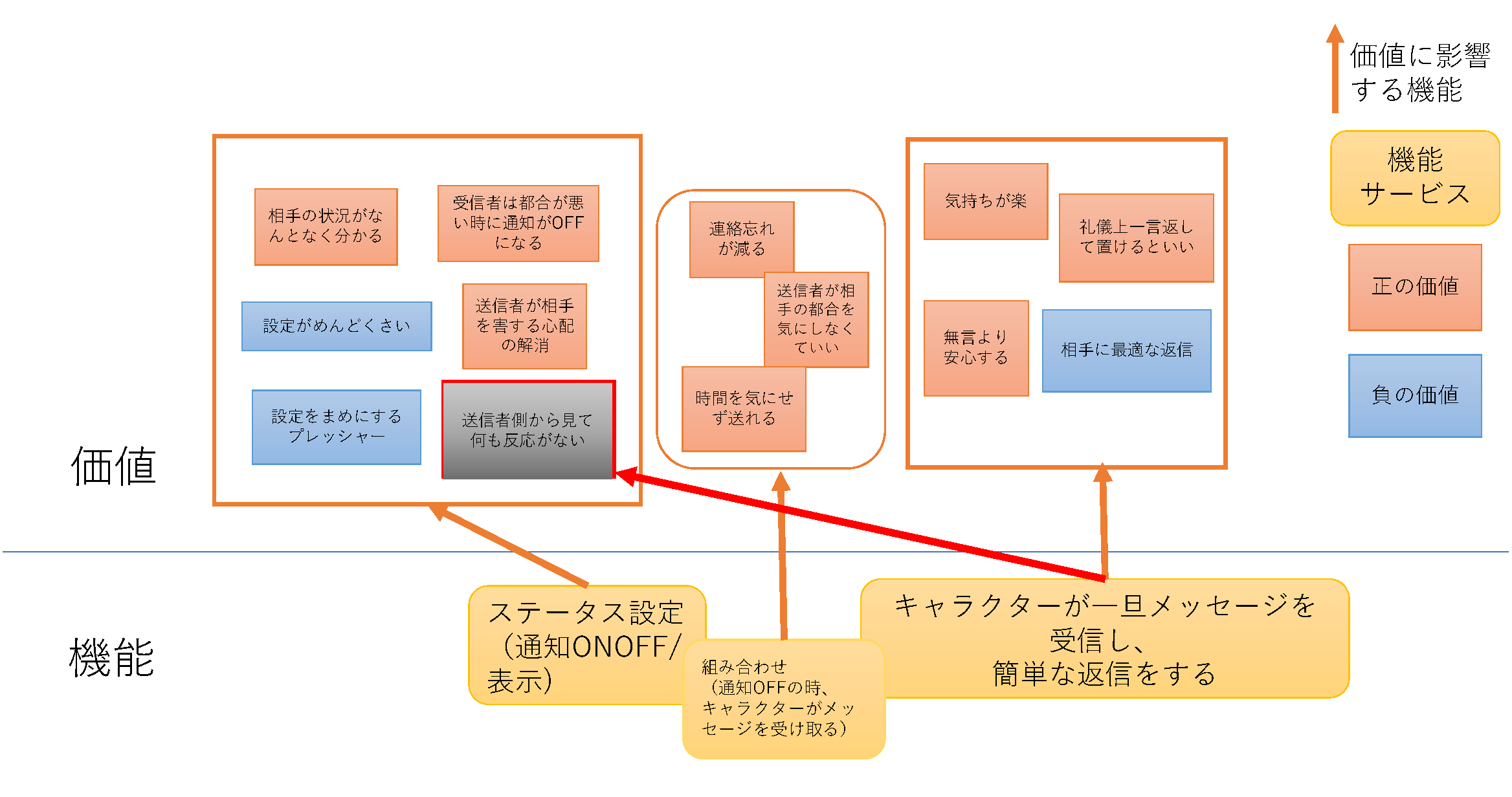 |
Various energy-saving products have been disseminated to achieve low-carbon
society. Examples include photovoltaic (PV) panel, heat pump water heater,
LED light, and electric vehicle (EV). We have been addressing scenario
simulation to analyze the environmental and economic impact due to product
dissemination in a longer period (e.g., 20-30 years). For this purpose,
we often use product diffusion models (e.g., Bass model) and Life Cycle
Simulation (LCS).
This research topic was/is supported by Ministry of Economy, Trade and
Industry (METI) R&D of Practical and integrated Energy storage systems
for smart community "Development of Evaluation Model of Energy Management
Systems using Electrical Energy Storage Systems" (2011-2014, PI: Prof.
Yoshiyuki Shimoda) and the Grant-in-Aid for Young Scientists (A) (No. 26701015,
2014-2017, PI: Dr. Yusuke Kishita) from the Japan Society for the Promotion
of Science.
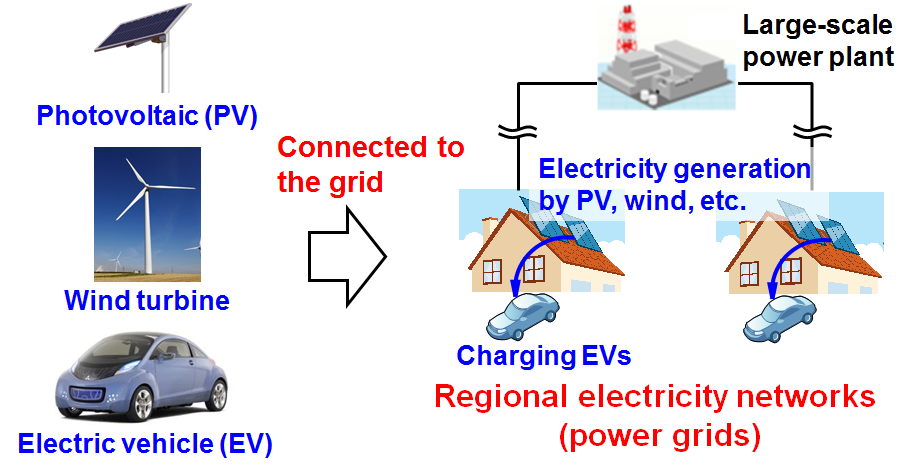 |
 |
Low-carbon technologies are important to promote energy-saving and reduce CO2 emissions, but their dissemination is often hindered because of higher cost. We are undertaking life cycle sustainability assessment of low-carbon technologies to develop diffusion scenarios, aiming to clarify sustainable conditions for the technology to be diffused in society. Examples include woody biomass energy conversion and thermoelectric generation.
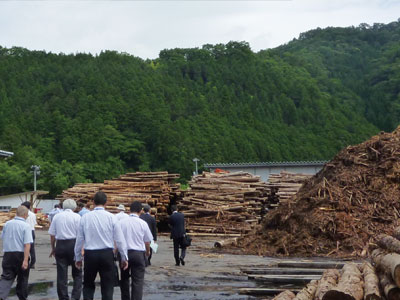 |
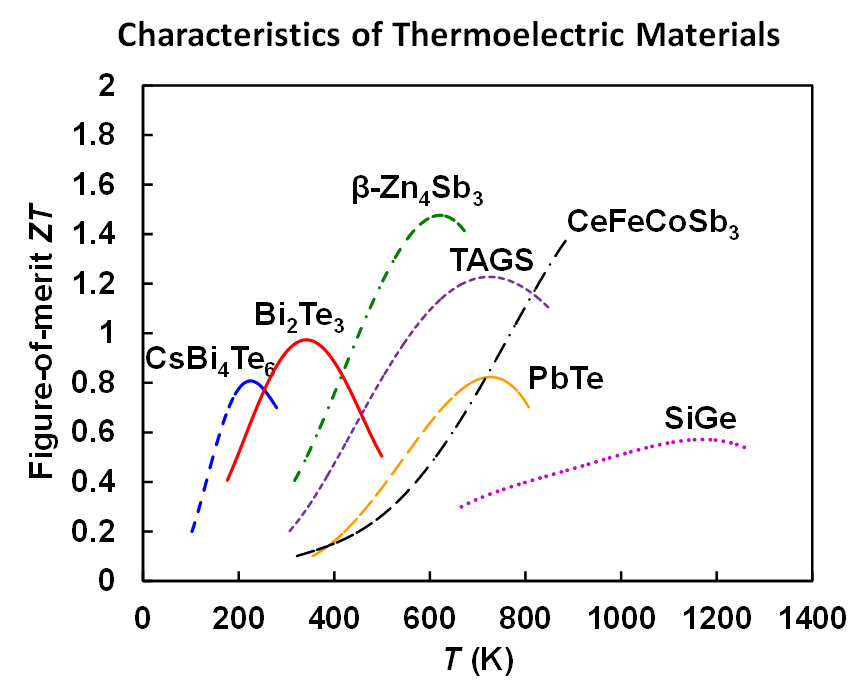 |
As Japan is facing low fertility and rapid population aging problems, it
is imperative to envision a next-generation paradigm for sustainable manufacturing
industry. We are attempting to develop sustainable manufacturing scenarios
using expert workshops and a backcasting approach.
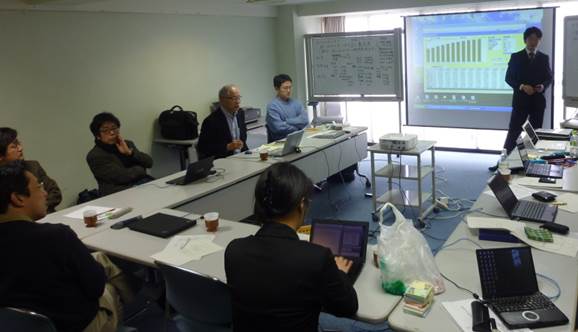 |
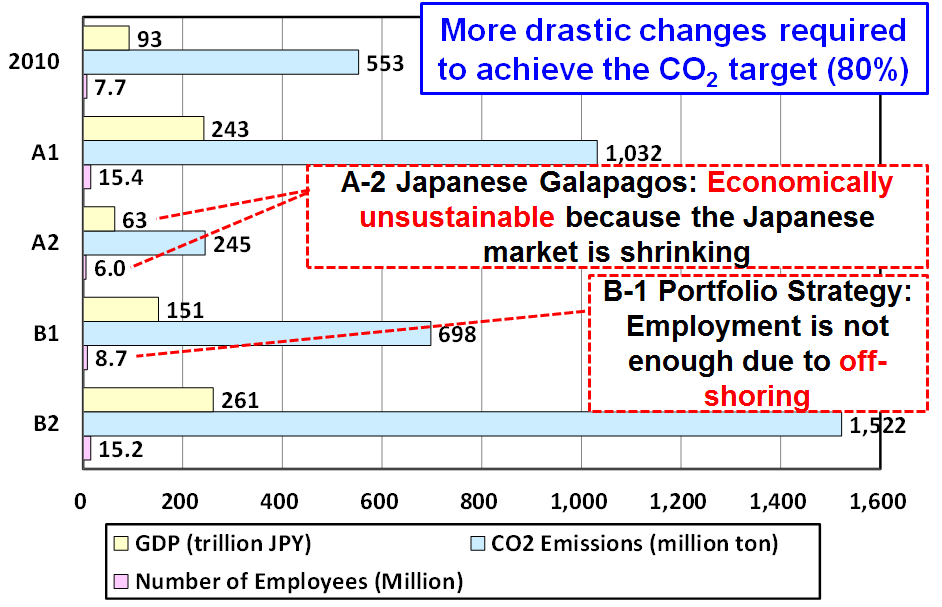 |
In industry, scenario planning has been widely used to explore better solutions
by taking into account future uncertainties. We have been developing methodology
and systems to help companies develop visions and mid- and long-term business
strategies.
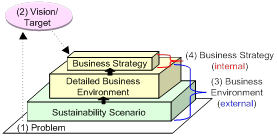 |
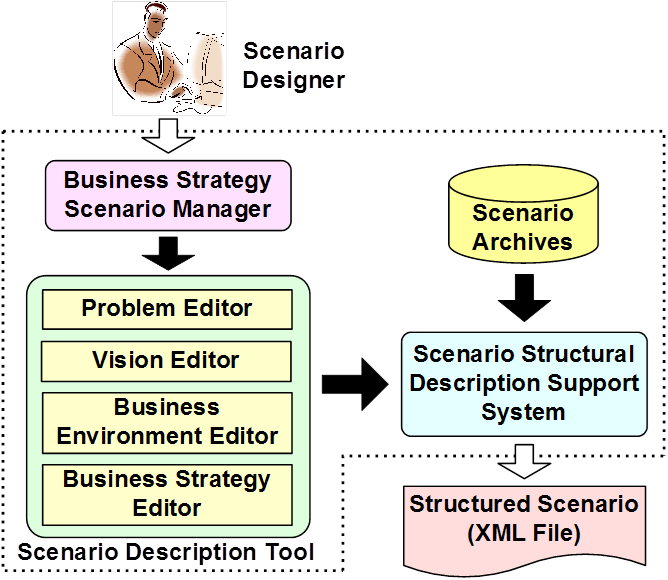 |